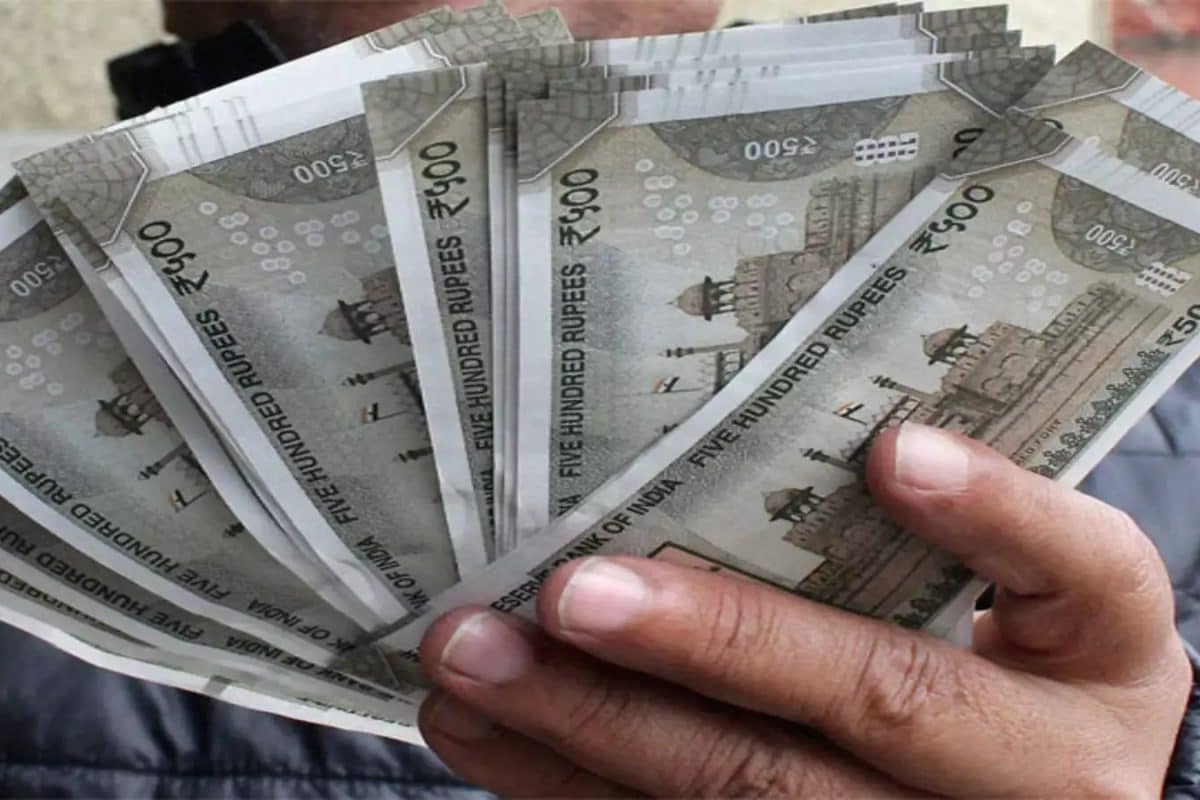

The 8th Central Pay Commission (CPC), which is expected to determine the future salary and pension structure for over one crore government employees and retirees, is set to be a key topic of discussion in the Lok Sabha today. Parliamentarians are pressing the Finance Ministry for clarity on its formation and implementation timeline. The Finance Ministry is expected to provide critical updates regarding the commission's formation, structure, terms of reference, and implementation timeline.
Members of Parliament, including T.R. Baalu and Anand Bhadauria, have submitted formal questions to the Ministry, seeking clarification on several key aspects: the current status of the commission's formation, reasons for the delay, the timeline for appointing its Chairperson and Members, and the implementation schedule for revised pay and pension structures.
The 7th Central Pay Commission, which came into effect on January 1, 2016, recommended pay revisions effective from that date. Following the traditional 10-year cycle, the 8th CPC was anticipated to be set up during 2024–25, with rollout expected by 2026. However, no formal announcement has yet been made, causing concerns among central government employees and pensioners.
Several factors contribute to the anxiety surrounding the delay. Public sector workers are facing increasing inflationary pressure and wage stagnation. The delay in formalizing the Commission has led to growing uncertainty and apprehension among both serving employees and pensioners. Multiple employee unions and pensioners' bodies have written to the government, seeking clarity and urging faster implementation.
While no official statement has been issued, media reports suggest that the 8th CPC may recommend a salary hike between 30% and 50%. Speculated fitment factors—used to calculate revised salaries—range between 1.8 and 2.86. This has raised expectations among employees and added pressure on the government to expedite the process. For example, a report by Kotak Institutional Equities suggests a fitment factor of 1.8, which could increase the minimum basic salary from Rs 18,000 to around Rs 32,000. Ambit Capital estimates the fitment factor could be in the range of 1.83 to 2.46, potentially increasing the minimum salary to Rs 32,940 or even Rs 44,280.
However, there are chances of a delay in the Commission's formation, which could eventually lead to higher arrears if implementation is pushed back. The slow pace of bureaucratic processes means that the rollout may extend well beyond the anticipated January 1, 2026 date. Even if the Commission is announced by the end of this year, historical timelines suggest that the process from announcement to implementation usually takes 18-24 months. At this rate, the pay hike could realistically arrive only by late 2026 or even early 2027.
The Finance Ministry's response in the Lok Sabha is highly anticipated. Sources suggest that the notification for the 8th CPC may have been delayed due to procedural or administrative reasons. The Chairperson and Members could be announced soon, possibly by late 2025. The terms of reference may include minimum wage revision, allowances, and pension updates. If past trends continue, the revised pay scales may take effect from January 2026, following the Commission's recommendations.
Some reports suggest that the 8th Pay Commission is expected to be constituted post the 2026 Lok Sabha elections, with discussions possibly beginning in late 2025. Typically, after formation, the commission takes 1–2 years to prepare and submit its report. Thus, salary hikes might be visible by 2028 if timelines follow previous pay commission patterns.
Despite the uncertainty surrounding the 8th CPC's timeline, the government will continue revising the Dearness Allowance (DA) every six months until the recommendations are enforced. The recent DA hike was 4%, bringing it to 50% of the basic pay.